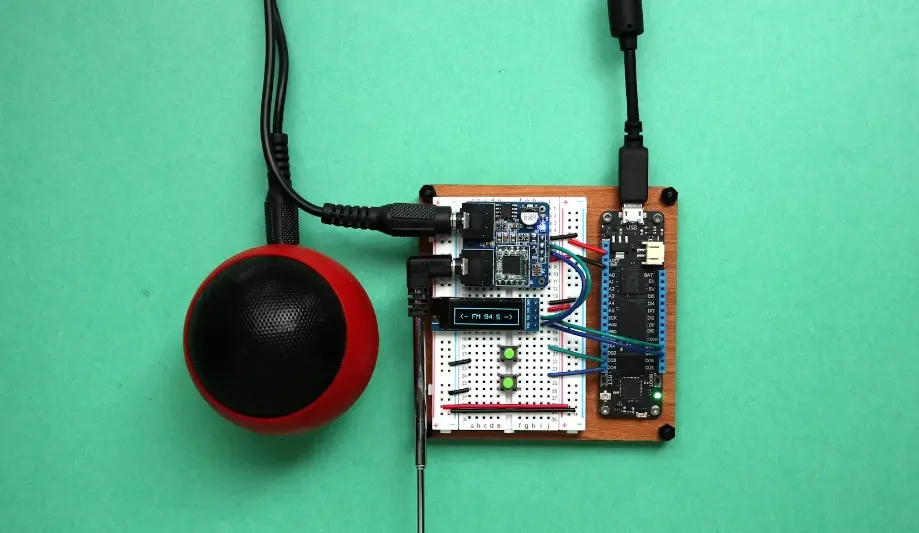
US FDA Medical Device Reporting (MDR) Requirements
21 CFR Part 803 establishes the requirements for Medical Device Reporting (MDR), a system implemented by the United States Food and Drug Administration (FDA) to monitor the safety and effectiveness of medical devices. The regulation outlines the obligations of manufacturers, importers, and medical device user facilities (such as hospitals) in reporting adverse events and device-related issues. The aim is to ensure that risks associated with medical devices are promptly identified and addressed.
Key Highlights of 21 CFR Part 803:
1. Purpose of MDR
The primary goal of MDR is to ensure that the FDA is promptly informed about adverse events or device-related issues that may cause patient harm or death. These reports help the FDA identify potentially unsafe or ineffective devices and take regulatory actions such as recalls, warnings, or safety notices.
2. Who Must Report
a. Manufacturers:
- Manufacturers of medical devices must report certain adverse events or device defects that could result in serious injury or death. They must also report significant device malfunctions that could lead to harm.
- Initial Reports: Manufacturers must report known adverse events to the FDA within 30 calendar days.
- Device Recalls: If a manufacturer initiates a recall due to health risks associated with a device, they must report it to the FDA.
b. Importers:
- Importers must report adverse event complaints or information related to devices they import to the FDA.
- Importers are also required to forward these reports to the device manufacturer.
c. User Facilities (e.g., Hospitals, Clinics):
- User facilities must report events leading to serious injury or death to both the manufacturer and the FDA.
- Serious Injury: Includes injuries that are life-threatening, cause long-term impairment, or require medical intervention.
- Reporting Timeline: Reports must be submitted to the FDA within 10 days.
3. Types of Reportable Events
Events that require reporting under MDR include:
- Deaths: Any event where a device caused or contributed to a death must be reported by manufacturers or importers.
- Serious Injuries: Includes any injury or illness that results in permanent impairment, hospitalization, or medical intervention.
- Device Malfunctions: Device failures that could result in death or serious injury must be reported.
- Device Defects: Any defect that may prevent the device from functioning as intended and could cause harm must be reported.
4. Reporting Process
a. Manufacturer Reporting:
- Manufacturers must submit reports through the FDA’s Electronic Medical Device Reporting (eMDR) system, which allows electronic submission of adverse event reports.
- Initial Reports: For events like death or serious injury, initial reports must be submitted within 30 calendar days.
- Follow-Up Reports: If additional information becomes available after the initial report, manufacturers must submit follow-up reports.
b. User Facility Reporting:
- User facilities (e.g., hospitals) must report deaths and serious injuries associated with devices to both the manufacturer and the FDA within 10 days.
c. Importer Reporting:
- Importers must report known events to the FDA and manufacturers within 30 days.
5. Reporting Requirements by Event Type
- Adverse Events: Any unexpected medical occurrence involving a device must be reported if it relates to death or serious injury.
- Device Defects: Any defect that could cause harm or death must be reported, even if no actual adverse event occurred.
- Malfunctions: Malfunctions that could potentially harm patients must be reported to assist in identifying devices needing further investigation or corrective action.
6. Follow-Up Information and Supplemental Reports
- If additional information becomes available about an adverse event, manufacturers, importers, or user facilities must submit follow-up information. This may include further investigation results, corrective actions, or updates to the initial report.
- All reports must be submitted through the FDA MedWatch system, and manufacturers must update the MedWatch database upon receiving new information.
7. Reporting Timelines
- Manufacturers: Adverse events must be reported to the FDA within 30 calendar days. For events involving death or serious injury, reports must be submitted immediately.
- User Facilities: Events involving death or serious injury must be reported to the FDA within 10 days.
- Importers: Reports must be submitted to the FDA and the manufacturer within 30 days.
8. Consequences of Noncompliance
Failure to comply with MDR reporting requirements can result in severe consequences, including:
- Regulatory Actions: The FDA may impose fines, penalties, or enforce product recalls.
- Product Seizure: Devices may be seized or removed from the market for noncompliance.
- Legal Implications: Violations of MDR requirements may lead to civil penalties or criminal prosecution.
9. Recordkeeping and Documentation
- Manufacturers must retain all reports and related communications submitted to the FDA.
- These records must be readily available for FDA inspection during routine audits or investigations.
10. Special Considerations for Reporting
- Corrective Actions: When manufacturers identify issues with a device, they may voluntarily implement corrective measures, such as initiating a recall. Even if the device is withdrawn from the market, manufacturers must report all adverse events and implement corrective actions.
- Third-Party Reports: When adverse events are reported by third parties (e.g., patients or healthcare providers), manufacturers must investigate and report the incidents.
Summary
21 CFR Part 803, or Medical Device Reporting (MDR), is a critical regulation for the FDA to monitor the safety and effectiveness of medical devices in the United States. It mandates manufacturers, importers, and user facilities to promptly report adverse events, malfunctions, and device-related injuries or deaths. This regulation enables the FDA to take appropriate actions, such as recalls or warnings, to protect public health and ensure the safety of medical devices in the market.
Email:hello@jjrlab.com
Write your message here and send it to us
 Wireless Microphone Export Certification
Wireless Microphone Export Certification
 Audio-Visual Products SNI Certification in Indones
Audio-Visual Products SNI Certification in Indones
 FCC-ID: Still Needed if Module is Certified?
FCC-ID: Still Needed if Module is Certified?
 FCC Certification Fees for Handheld Fans
FCC Certification Fees for Handheld Fans
 FCC Certification Testing for Smart Lighting Produ
FCC Certification Testing for Smart Lighting Produ
 What is the ETSI EN 303 645 Testing Standard?
What is the ETSI EN 303 645 Testing Standard?
 UL Compliance and ETL Certification for LED Lighti
UL Compliance and ETL Certification for LED Lighti
 What is the IEC 60598 Standard?
What is the IEC 60598 Standard?
Leave us a message
24-hour online customer service at any time to respond, so that you worry!




